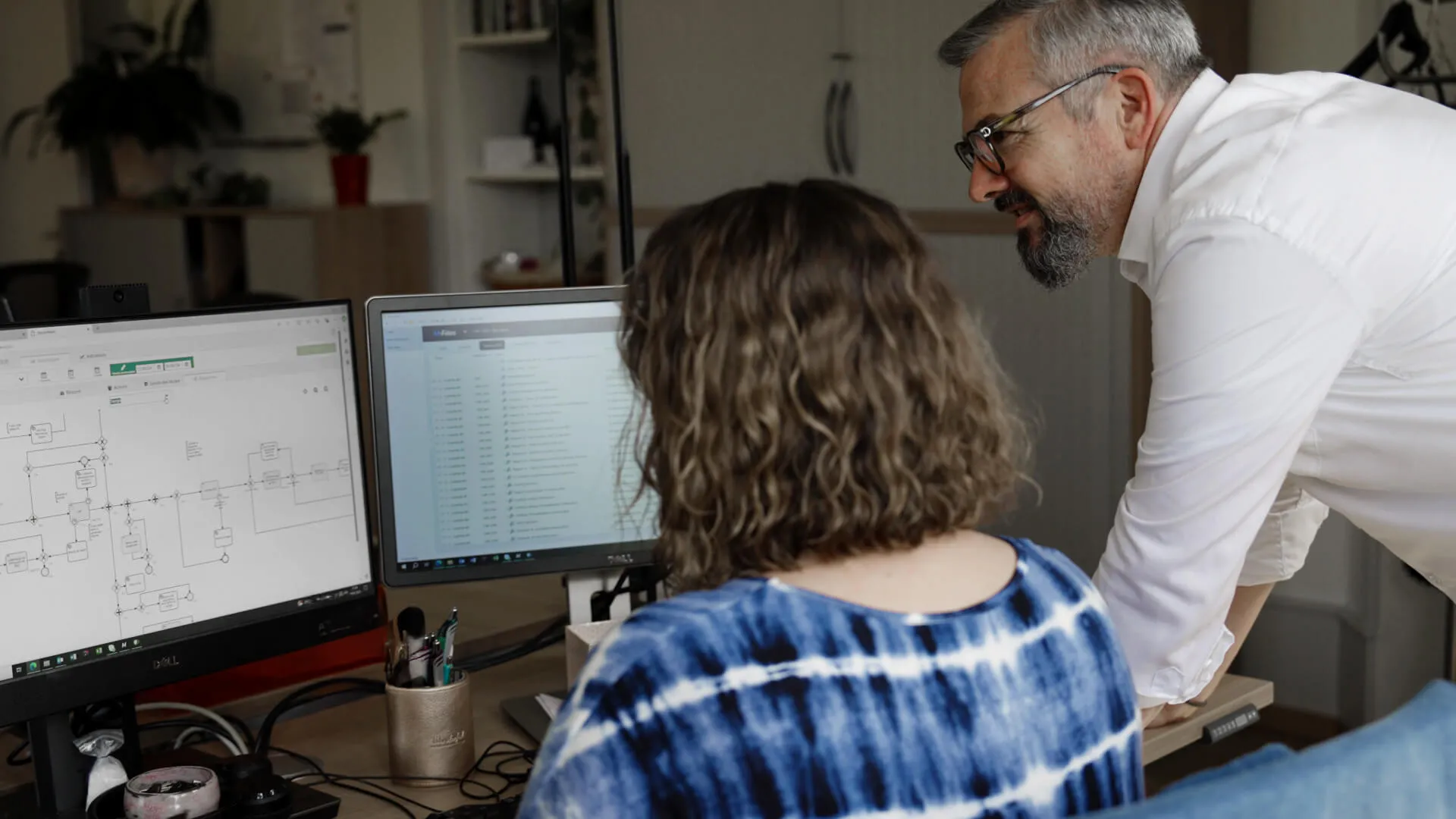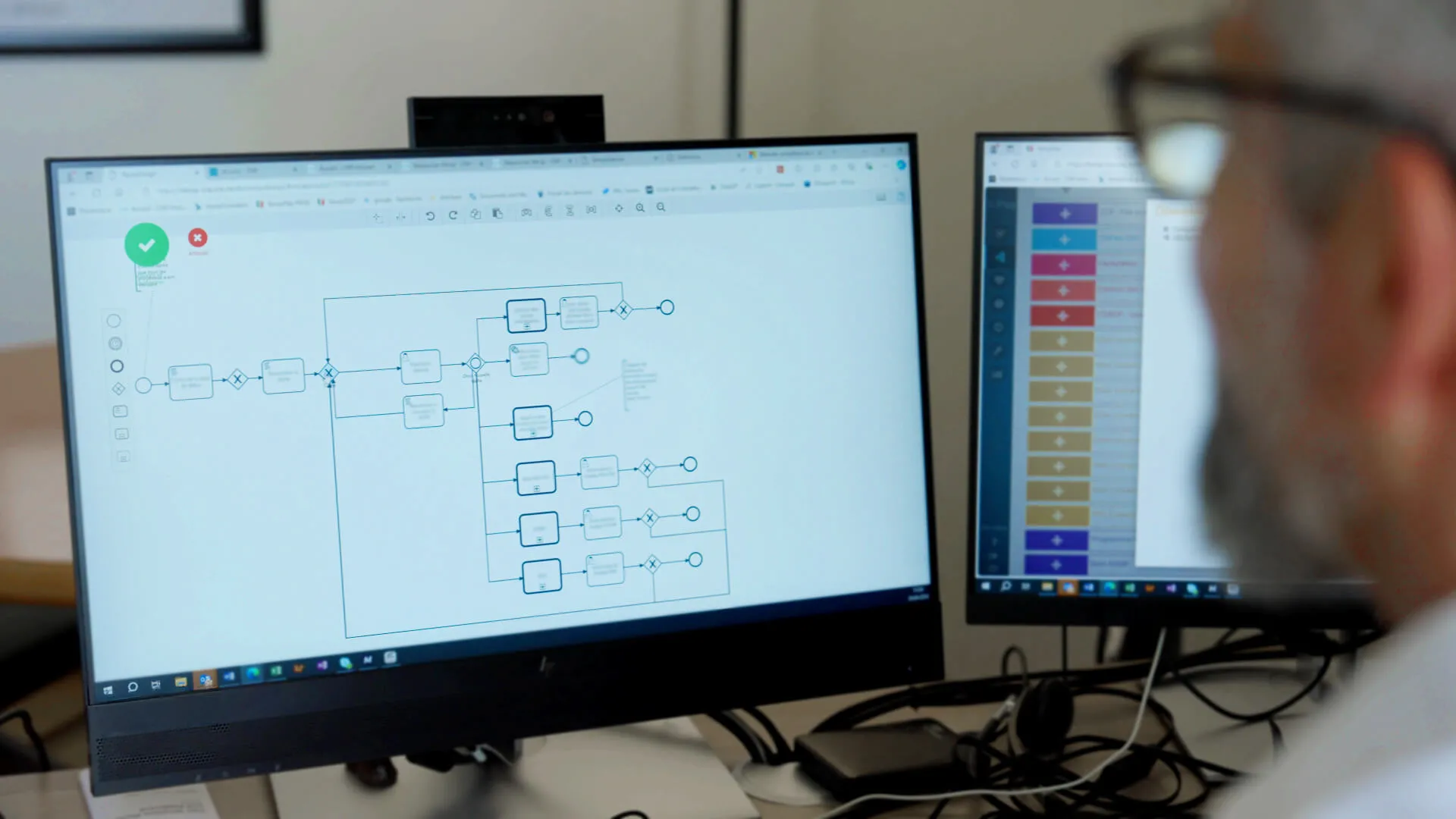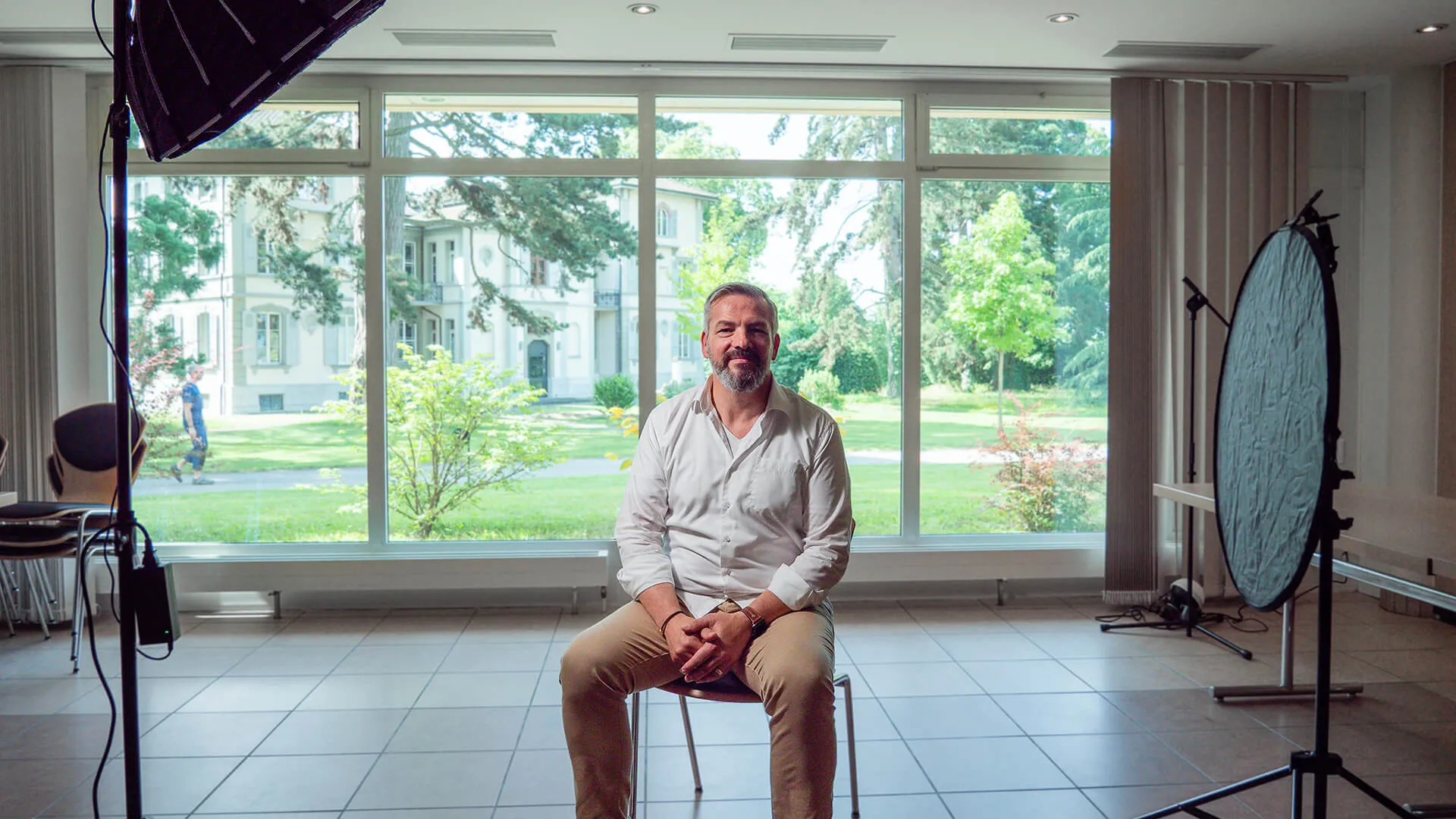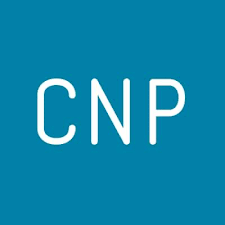Centre Neuchâtelois de Psychiatrie
The Centre Neuchâtelois de Psychiatrie (CNP) transforms critical incident handling, elevating patient safety, efficiency, and team collaboration.
Digitizing processes to optimize patient care at CNP
Located in Neuchâtel, Switzerland, the CNP is a public institution dedicated to the canton's mental health policies.
The CNP cares for approximately 10,000 patients annually with a team of 650 professionals across 52 specialties. The facility offers comprehensive care, from outpatient consultations to crisis hospitalization.
As a reference center, the CNP also contributes to professional training and research in psychiatry, while implementing public policies to promote and prevent mental health.
Innovative psychiatry to serve patients
The Neuchâtel center for psychiatry (CNP) plays a crucial role in promoting mental health in Switzerland by adopting an integrated, community-based psychiatry model. The center faces complex challenges in managing patient files and critical incidents, focusing on guaranteeing patients' fundamental rights, ensuring rigorous medical follow-up, and effectively managing non-consensual admissions.
Managing critical incidents is a major challenge for the CNP. These incidents, which can range from falls to medication errors, require precise documentation and systemic analysis to identify root causes and implement corrective measures. Adverse events associated with care (CIRS) are classified by severity, from minor incidents to catastrophic situations with potentially irreversible consequences for patients. The management of such incidents involves not only reporting and analysis but also psychological and legal support for those involved. A clear organization of responsibilities is essential to ensure effective and responsive management of adverse events.

Managing patient files and administrative procedures is another significant challenge. Non-consensual admissions, whether decided by the facility director or a state representative, require rigorous documentation and adherence to strict deadlines. Regular medical follow-up, with certificates drawn up at regular intervals, is also crucial to ensuring quality of care. The complexity of these administrative procedures can lead to delays and errors, hence the importance of efficient systems to ensure traceability and conformity of information.
The CNP is also adapting from an asylum model to a recovery-focused environment, encouraging patients to actively participate in their treatment. This transition requires a redefinition of the role of caregivers, who must adopt a more horizontal and collaborative approach. Patients, for their part, must demonstrate greater autonomy and adapt to a care context that is sometimes tense. This shift toward a care model focused on patient recovery and social reintegration is essential for improving care quality and patient satisfaction. On the other hand, it generates new administrative procedures to comply with.
ITEROP BPM implementation
Given these multiple challenges, the CNP recognized the need to adopt an innovative approach and solution to optimize its key processes, such as critical incident and patient file management. It was in this critical context that the implementation of Dassault Systèmes' Business Process Management (BPM) solution, Iterop, emerged as a strategic response. By digitizing and automating processes, BPM not only improves operational efficiency, but also guarantees rigorous traceability and in-depth analysis. This approach aims to strengthen patient safety while supporting care teams in their day-to-day mission, facilitating smoother, more responsive management of the challenges encountered.
Simple and accessible, the workflow solution provides automation while keeping management close to the field. The no-code approach was preferred to create and digitize processes without requiring extensive IT knowledge.

From the project's start, stakeholders were involved in updating and formalizing processes and defining responsibilities.
One of the first processes automated was incident management, which is critical for adding rapid value.
Before the solution was implemented, information relating to these incidents was recorded on paper, often resulting in incomplete data, slow processing and an increased risk of errors or loss of information. Managing and analyzing these events was difficult, and collaboration between the various players (doctors, nurses, administration) was inadequate. Without digitized processes, accessing the right information efficiently was challenging, slowing down decision-making to prevent incident recurrence.

The solution's ergonomics provide useful data at key moments.
An agile project approach was led by Eric Veya. The aim was to determine the concepts and expectations of this process. A first version was quickly deployed, allowing teams to test, suggest improvements, and validate forms before going live.
Four incident categories are now systematically tracked: patient falls, medication errors, assaults, and self-aggressions. For each category, a dynamic form has been created with over 80 variables, adapted according to the type of incident. Logical doors ensure that only those concerned receive the relevant information, guaranteeing the confidentiality of sensitive data.
Once an incident has been reported, managers can assess the situation and define the impact on the clinic and its staff. Incidents are weighted on a risk scale according to their impact on patients, staff and the institution's image. These assessments guide corrective actions and enable incidents to be tracked with graphs and indicators that detail trends and root causes.
Thanks to Iterop, we have been able to digitize our incident management process, which has not only enabled us to better protect our patients, but also to improve the efficiency of our internal management.
Key figures of incident management:
Following the deployment of this critical incident management process, the CNP digitized over 21 new processes in less than 18 months, covering all the site's activities. These processes include essential interactions between the clinical and administrative departments, as well as specific workflows for the clinical and administrative aspects.
More fluidity, fewer errors, greater efficiency
Thanks to the implementation of the Iterop BPM solution, the CNP has achieved significant benefits, particularly in terms of the quality of administrative support.
Adverse event reports are now complete and processed quickly, enabling continuous improvement in clinical practices. Teams can now track deadlines and identify bottlenecks, making management sessions more dynamic and interactive.
In less than 10 months, around fifteen processes have been put into production, benefiting not only the clinic, but also finance, management and its secretariat.

Today, we work much less with e-mail and internal mail. All information is entered directly into the system, so it provides a much clearer and more accurate overview than before.
Since the implementation of the Iterop solution, the job of the Clinical Quality Office team has evolved significantly, moving away from traditional data analysis within office tools such as spreadsheets. The emphasis is now on the immediate presentation of aggregated results, as soon as they are requested, regardless of the nature or origin of the data streams. This transformation enables greater responsiveness by eliminating periods of data analysis and consolidation, often perceived as superfluous. By adopting this approach, the Clinical Quality Office can respond instantly to requests, optimizing operational efficiency and decision-making. This method of working, focused on speed and precision, contributes to a more fluid and dynamic management of processes, while reinforcing the organization's ability to adapt quickly to changing needs.
The Iterop solution has saved teams a considerable amount of time. It has also led to a considerable improvement in the CNP's operational processes, providing staff with a tool to better orchestrate tasks:
- Automation and standardization: Processes have been automated and standardized, reducing errors and improving efficiency.
- Flexibility and scalability: The cloud offered greater flexibility and scalability, enabling rapid adaptation to changing needs.
- Traceability and analysis: Guaranteed traceability and detailed analysis at every stage enabled better management of clinical practices.

Accelerating digital transformation
The CNP's ambition is to eliminate all paper circulation between departments and digitize more operational processes.
We also aim to develop patient complaints via the website, which could feed directly into the workflow.
The CNP is also planning to develop around ten HR processes, covering the entire employee life cycle, from hiring to dismissal, including work certificates, which should be operational in 2025.

Focus on CNP
The CNP implements the canton’s mental health policy. It offers integrated and community-based psychiatry, supporting patient rehabilitation and social connections. It is also a leading center for mental health prevention, training, and research in psychiatry.
For more information: https://www.cnp.ch/
